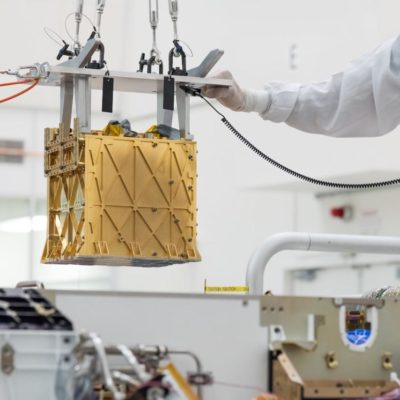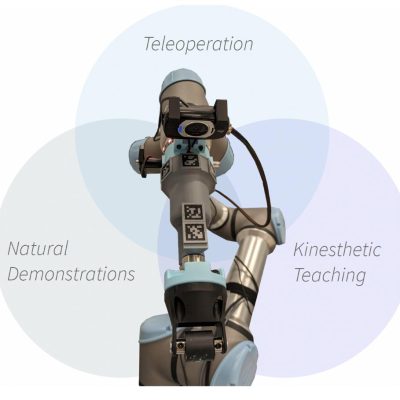Computational Science & Engineering
Computational science and engineering involves the development and use of computational methods to simulate, predict, and understand important phenomena in science and engineering. The aerospace field is characterized by the complexity of the environments in which its systems operate — a complexity driven not only by extreme physical conditions, but by interactions with humans and by the need for robust performance in these settings. Many physical aerospace phenomena, such as turbulent combustion in gas turbine engines, transonic flow around transport aircraft, rarefied gas dynamics and ablation processes in atmospheric reentry, and countless more, that are essential to aerospace systems are both inaccessible in the laboratory and analytically intractable. Since the earliest days of computational fluid dynamics and computational mechanics, enormous efforts have been devoted to the development of predictive computational models of these complex processes.
Today, computation is essential to the modern aerospace enterprise. Driven by the need to engineer systems that operate reliably and precisely in complex environments, nearly all major aerospace engineering efforts include design and testing in silico before flight testing or manufacturing. Looking ahead, modeling the physical world — in areas from weather prediction to materials aging — will require devising novel algorithms, statistical models, and simulation frameworks that exploit the intersection of data-driven methods in artificial intelligence and machine learning to make predictions and reveal key mechanisms.
Key areas of focus
- Computational mathematics and numerical analysis
- High-performance computing
- Model reduction and multi-fidelity modeling
- Uncertainty quantification
- Optimization approaches to engineering design
Affiliated Labs
- Aerospace Computational Science & Engineering Laboratory
- Autonomy and Embedded Robotics Accelerated (AERA) Research Group
- ARC Lab
- Computational Turbulence Group
- Design in Chaos
- Low-Energy Autonomy and Navigation (LEAN) Research Group
- Institute for Soldier Nanotechnologies
- Interactive Robotics Group
- Robust Robotics Group
- Small Satellite Collaborative
- Space Systems Lab (SSL)
- SPARK Lab
- Wireless Information & Network Sciences Lab









